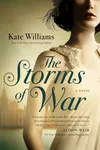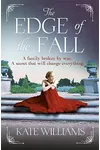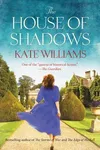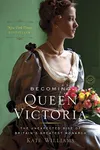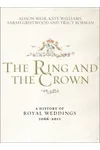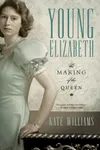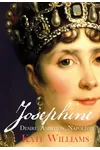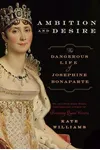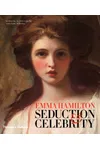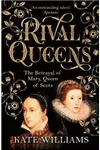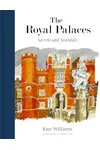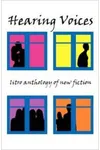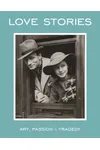Picture a British historian who breathes life into the past, weaving tales of queens and rebels with a novelist’s flair—meet Kate Williams! A celebrated author, broadcaster, and professor, Williams has captivated readers with her vivid historical biographies and gripping novels. From the scandalous life of Emma Hamilton to the youthful struggles of Queen Victoria, her work bridges scholarly precision with page-turning storytelling, making history feel as thrilling as a modern drama.
With a knack for uncovering the human side of historical figures, Williams has become a trusted voice on TV and radio, dishing out royal insights on BBC and CNN. Her infectious passion for history, sparked in childhood by a makeshift time machine (a foil-covered washing machine box!), has shaped a career that’s as dynamic as the eras she explores.
The Making of Kate Williams
Born on November 30, 1974, in Stourbridge, England, Kate Williams grew up in a family that nurtured her curiosity. Her father, a solicitor, and her mother, a teacher, encouraged her love for learning, while her Welsh grandparents’ farm fueled her imagination. Educated at Edgbaston High School for Girls, she excelled academically, earning a coveted scholarship to Somerville College, Oxford. There, she honed her craft, securing a BA, a DPhil, and prestigious awards like the Violet Vaughan Morgan University Scholarship. Her academic journey continued with MAs from Queen Mary and Royal Holloway, where she later taught creative writing.
Williams’s fascination with history took root early, sparked by childhood games where she ‘traveled’ through time with her brother, trapped in her cardboard ‘time machine.’ This playful creativity evolved into rigorous research, particularly on Emma Hamilton, whose life inspired her doctoral work and launched her literary career.
Kate Williams’s Unforgettable Stories
Kate Williams’s bibliography is a treasure trove of historical insight and narrative flair. Her debut, England’s Mistress: The Infamous Life of Emma Hamilton (2005), chronicles the rise and fall of Lord Nelson’s lover, blending meticulous research with novelistic drama. A New York Times bestseller, it was shortlisted for the Marsh Prize and is being adapted into a film. Becoming Queen (2008) delves into the fiery youth of Queen Victoria and her cousin Princess Charlotte, earning praise as a Spectator Book of the Year.
Williams’s versatility shines in her novels, like The Pleasures of Men (2012), a chilling tale of a young woman obsessed with a serial killer in 1840s Spitalfields. Her Storms of War trilogy, starting in 2014, follows an Anglo-German family through World War I, showcasing her ability to weave personal stories into grand historical tapestries. Other notable works include Josephine: Desire, Ambition, Napoleon (2013) and Rival Queens (2018), which explores the fraught rivalry between Elizabeth I and Mary, Queen of Scots.
Her style is a masterclass in balance: scholarly yet accessible, with a keen eye for the emotional lives of her subjects. Whether writing about royal scandals or wartime struggles, Williams makes the past pulse with relevance, inviting readers to see history through a human lens.
Why Kate Williams Matters
Kate Williams has redefined historical storytelling, making it vibrant and relatable for modern audiences. As a professor of public engagement with history at the University of Reading, she champions the power of narrative to connect people with the past. Her media presence—commenting on royal events for BBC, CNN, and radio—has brought history to living rooms worldwide, from the 2011 Royal Wedding to Queen Elizabeth II’s Jubilee.
By spotlighting women like Emma Hamilton and Josephine Bonaparte, Williams challenges traditional narratives, restoring overlooked figures to their rightful place in history. Her work inspires readers to explore the complexities of the past, proving that history isn’t just facts—it’s a story that shapes who we are.
- Born: November 30, 1974, Stourbridge, England
- Key Works: England’s Mistress, Becoming Queen, The Pleasures of Men, Rival Queens
- Awards: Shortlisted for Marsh Prize, New York Times bestseller
Ready to step into the past? Grab England’s Mistress or Rival Queens and let Kate Williams whisk you away to a world of intrigue and ambition!
